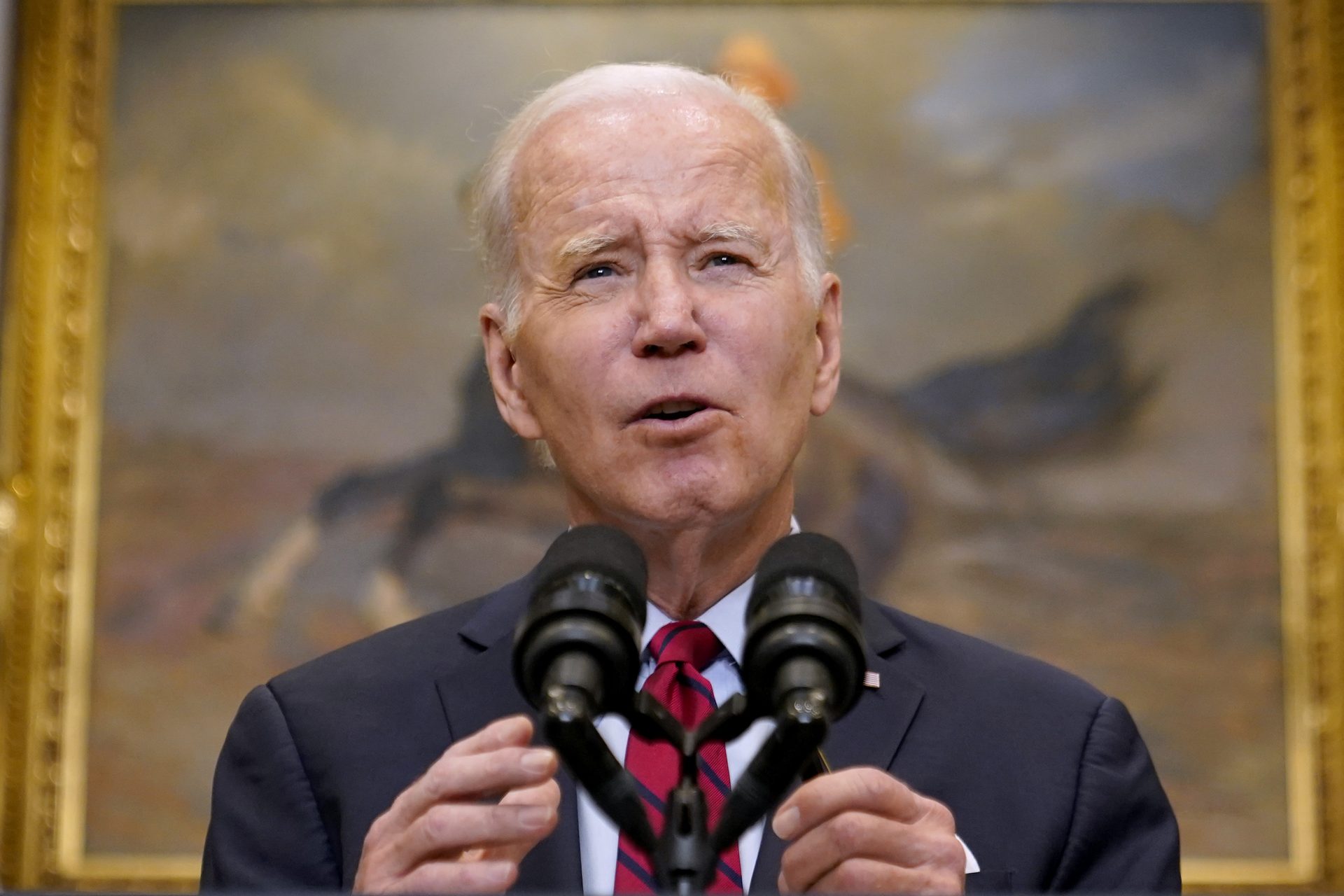SAN ANTONIO, Texas – Former U.S. Ambassador to Mexico Tony Garza says even when there were enormous tailwinds it was not easy to codify U.S.-Mexico cooperation.
And today there are notable headwinds, with increased nativism in the United States and protectionism in Mexico, he said, at the recent NADBank Summit 2024.
“I’m going to start with this comment. It’s never easy. It is never ever easy. It can be terribly frustrating,” Garza said, at the beginning of a panel discussion.
“When I look back at this 30 year arc of first NAFTA, and USMCA and the integration between the economies, you know we really had some tailwinds in the late 80s, 90s, in terms of the leadership, whether it was Salinas or then H.W. Bush and later Bill Clinton, a sense that all was possible in terms of integration, and a real vision that was laid out for the trade agreement.”
The “Salinas” Garza was referring to was former Mexican President Carlos Salinas de Gortari.
Garza said back in the early 1990s – when the North American Free Trade Agreement was signed into law – there was a sense that the United States had come to the end of a sort of bipolar world.
“The (Berlin) Wall had come down, and China was integrating into the WTO (World Trade Organization) and all these sorts of things. And there was this, you know, Tom Friedman was writing a book about how the world was flattened, these sorts of things,” Garza said.
“And even with those enormous tailwinds, NAFTA carried by less than a handful of votes (in Congress), didn’t it? And it took a tremendous amount of just rolling up the sleeves and the utilization of political capital by then President Bill Clinton and others.”
The moderator of the panel was Gerald Schwebel, executive vice president of IBC Bank. The other panelist was Gerónimo Gutiérrez, who was Mexican Ambassador to the United States when USMCA, the successor to NAFTA, was being negotiated.
Garza noted that Schwebel was “in the room” when the historic NAFTA agreement was being crafted.
“Even with all those tailwinds at the leadership level, it was still a grind. And even with the (trade) successes as we went into the early and mid 90s, whether it was the tequila crisis or just the day in, day out, grind of integration, it was still not easy to get things done,” Garza said.
“When you think about, for example, the airport project out in San Diego, I marvel at what they were able to do over the course of 25 or 30 years, because really, if you look at the timeline on that project, from conception to actual opening, it was that kind of horizon.”
Garza said even though supporters of U.S.-Mexico economic integration were witnessing success during these times, darker forces were at play.
“Those of us that were involved day in and day out, quit making the case for what we were doing because we assumed that the case was making itself,” Garza said.
“And it’s interesting, as the resentments (to international) trade built up in the early 2000s it was a combination, I think, of people’s concern about integration, whether it was cultural, and the impact on the demographics and immigration, whether it was a pushback, kind of anti-elite, I think in the 2000s you started to see that, that nascent populism and nativism and these sorts of resurgence, so we started to fly into headwinds. And yet, trade was no less good, but the winds were shifting and are against us.”
Garza then turned to what is playing out today.
“I think what we what we face today, are actually very significant headwinds. You know, we’re facing our own sort of rising kind of nativism in the United States and protectionism in Mexico. There’s a rising nationalism, which, to me, is a variation on nativism. Whether it’s America First or Mexico First, or Mexico’s concerns about their sovereignty in the face of an integration argument that’s very strong,” Garza said.
“So, I guess my takeaway is that this stuff is never easy. But it’s always worth it and we’re going to fight that battle. It’s not only sleeves rolled up day in and day out along the border and supportive of organizations like NADBank, but it’s day in and day out sleeves rolled up in Washington and Mexico City as well.”
The post Garza: Alas, efforts to better integrate the U.S. and Mexico economies are facing ‘significant headwinds’ appeared first on Rio Grande Guardian.
 (2).png)
 5 days ago
21
5 days ago
21









 English (US)
English (US)